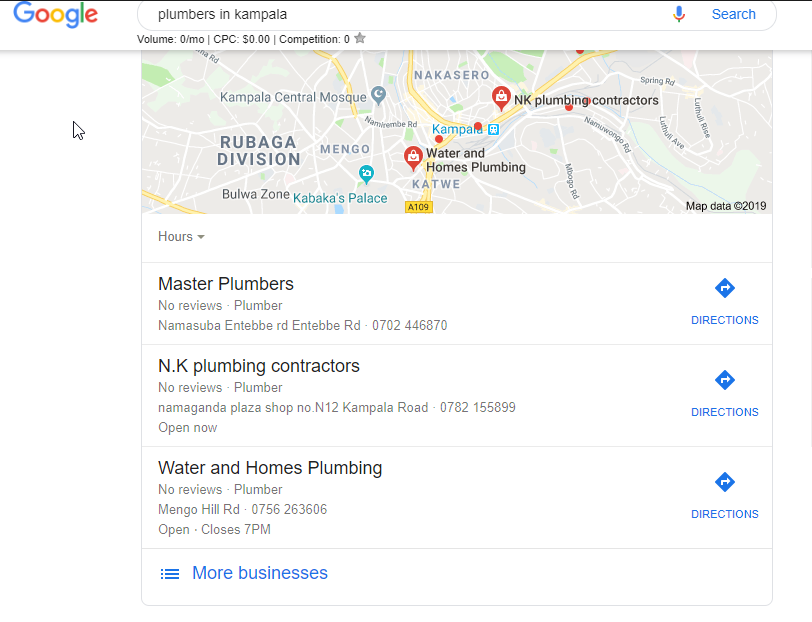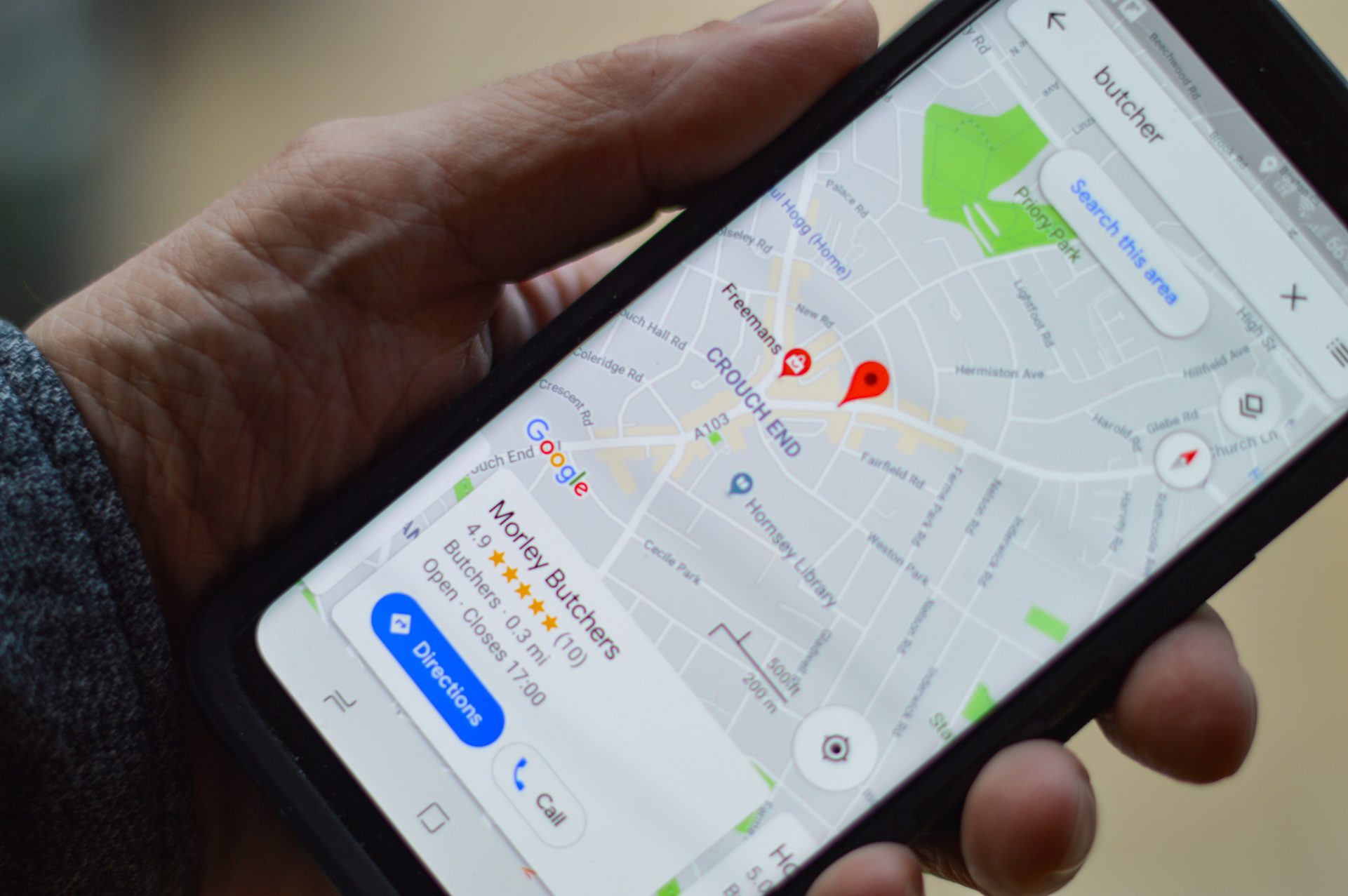Did you know that customers are looking for your products and services using the internet? Especially with the increasing usage of smartphones today, these searches happen allover the web, and mostly on Google.
The big question, therefore, is “Will your business show up when people search for the products or services you sell?”
Amidst all the buzz, your business can easily get lost in the haystack that is the internet. For a business that has a location or multiple locations, you would want your shop to show when people are searching for your products or services.
What is Local SEO?
Local SEO (Local Search Engine Optimization), sometimes referred to as local search engine marketing, is an incredibly effective way to market your local business online, as it helps businesses promote their products and services to local customers at the exact time they’re looking for them online.
This is achieved through a variety of methods, some of which differ greatly from what’s practised in standard SEO, and some of which are far easier to manage.
What is ‘Local Search’?
First, let’s explore the differences between a standard informational search and what’s known as a local search.
Whereas anyone in the world with good enough SEO and authority can rank for a search query like ‘how to fix a leaking pipe’, when the query has much more purchase intent behind it, it becomes ‘plumbers near me’ or ‘best plumber in Kampala’.
For these types of a search query, which typically include a location or ‘near me’. Search engines understand that what the searcher wants is business suggestions or lists based on their location, and so that’s precisely what they offer up in the local search engine results pages (SERPs).
What are Local SERPs?
What local businesses need most to improve traffic to their websites or through their doors is visibility on what’s known as the ‘local pack’ or ‘3-pack’. This is the block of three business listings that appear below the map in the results displayed after a Google search with local intent.
Below is the local pack that results from the search ‘plumbers Kampala’.

You’ll notice plenty here that’s different from standard organic results, such as opening times, review ratings, and even photos. Although lately, Google is getting clever enough to extract this information directly from your website, what happens when you don’t have a website?
Everything that’s displayed in the local pack comes from the business’ Google My Business profile, a critical part of Local SEO marketing that’s becoming more important as Google tries to satisfy more search queries directly in the SERPs.
What is Google My Business?
Previously known as Google Local, and for a time, Google My Business (GMB) is, as the name suggests, your business profile on Google. You can find out how to add or claim your Google My Business listing here.
It feeds information to a variety of places, including the local pack and Google Maps search results, but the most familiar appearance will likely be when it’s in the top right (or top on mobile) of a branded search for your business, as below.
This is what’s known as the Knowledge Panel. Your GMB profile can include a host of information submitted by yourself, such as services you offer, contact details, business description, category, and opening times but it’s important to note that features such as Google Reviews are almost entirely generated by consumers, ideally with experience of your business.
A significant part of local SEO is making your GMB profile as up-to-date and accurate as possible, so that it possesses a higher chance of appearing in the local pack, and trustworthy, attractive and appealing enough to warrant a clickthrough, view and eventually call/visit.
How do I rank in local search?
So now you know what local business SEO’s all about, you’ll probably be wondering how to actually achieve success in it! First, we’d recommend familiarizing yourself with the three core elements of local search ranking belw:
Proximity: How close is your business to the searcher?
Relevance: How relevant to the search query are your products and services?
Prominence: What do other consumers say about your products and services?
In a nutshell, People search for local businesses using various search engines… Google, Bing, Yelp, Apple Maps, etc. Therefore, local SEO means much more than just optimizing Google my business because searches happen all over the internet. People searching for your business in the vicinity (locally) have a 38% chance of converting to customers since they are looking for a service or product they need.
Do you need help with internet marketing for your business?
